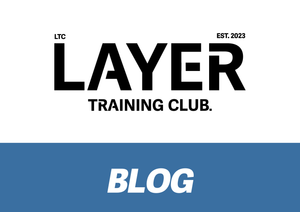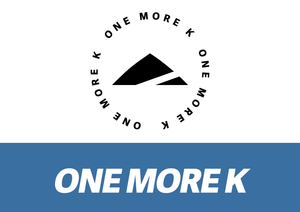“What Even Is a Slow Runner?” — Redefining Pace, Progress and What Really Matters

Written by Steph
Over the past few months, I’ve been thinking a lot about running pace — what it means, how it shapes our confidence, and how much space we let it take up in our heads.
I wouldn’t call myself a fast runner. But I also wouldn’t call myself slow. My Parkrun times — all 39 of them — vary from 34:10 to 28:32. This year, my second-fastest was 29:53. Honestly? I’m proud of every single one of those runs, because they’ve all come at different times in my life — with different energy, stress, sleep, and goals behind them.
Recently, I’ve been training for triathlons, and earlier this month I completed my first middle-distance triathlon: a 1.9km swim, a 90km cycle, and a 21.1km run. I chose the Cotswolds 113 because there were no cut-offs. That felt important. I knew I didn’t want the pressure of chasing a clock — I just wanted to finish something that once felt impossible.
I thought I’d cry when I crossed the finish line… but I didn’t. I just felt proud. Proud of my body. Proud of my mindset. Proud that I didn’t care how long it took me. I raced alongside Dan and a bunch of brilliant women from the Women in Tri UK community — their energy and support were infectious. It was one of the most joyful race experiences I’ve ever had.
Your Pace Doesn’t Define You
What surprised me most about triathlon training was how less I actually ran. My weekly mileage dropped — but my body felt fresher, and my fitness still improved. My half marathon split during the triathlon was 2:34, only a few minutes off my standalone PB of 2:29. That reminded me: pace is not the only measure of progress.
When we talk about “slow” or “fast,” we’re speaking in terms that don’t reflect the full story. Pace depends on your goals, your body, your recovery, your stress levels — your life.
The Social Norms Around Running Pace
Whether we like it or not, running culture often pushes an idea that faster is better. But that’s just not true. For example, the average Parkrun finish time in the UK is now around 32 minutes, and it’s been getting slower year after year. Why? Because more people from all backgrounds, ages, and abilities are taking part. And that’s something to celebrate.
At Layer Run Club, we don’t care how fast you are. I’m sometimes the last one to finish a set — but has everyone started the next round without me? Absolutely not. They wait. They cheer. They clap. They tell me I’m doing a good job. That support — that community — is everything. It builds confidence in ways that pace never could.
Let’s Talk About Confidence
In fact, I’d say that’s where I’ve found the biggest boost: confidence. Surrounding myself with the right people has done more for my running than any training plan. When I stopped worrying about being fast enough to belong, I found that I did belong all along.
And when the negative thoughts do creep in — because they still do sometimes — I remind myself of this:
You are doing this for you.
Not to prove anything to strangers.
Not to earn your place in a group.
Not to justify your kit, your race entry, your time.
If someone judges you for your pace, they don’t belong in your space — and they certainly don’t deserve your energy.
Redefining Success — Your Way
Whether you run to clear your head, improve your fitness, meet people, or push your physical limits — your pace is a reflection of your now, not your forever. And it doesn’t define your worth, your progress, or your place in the running community.
At Layer, we’re here for every runner. The run-walkers. The back-of-the-pack finishers. The PB chasers. The ones just starting out. You all matter.
Let’s change the story around what it means to “be a runner.”
We already are.


